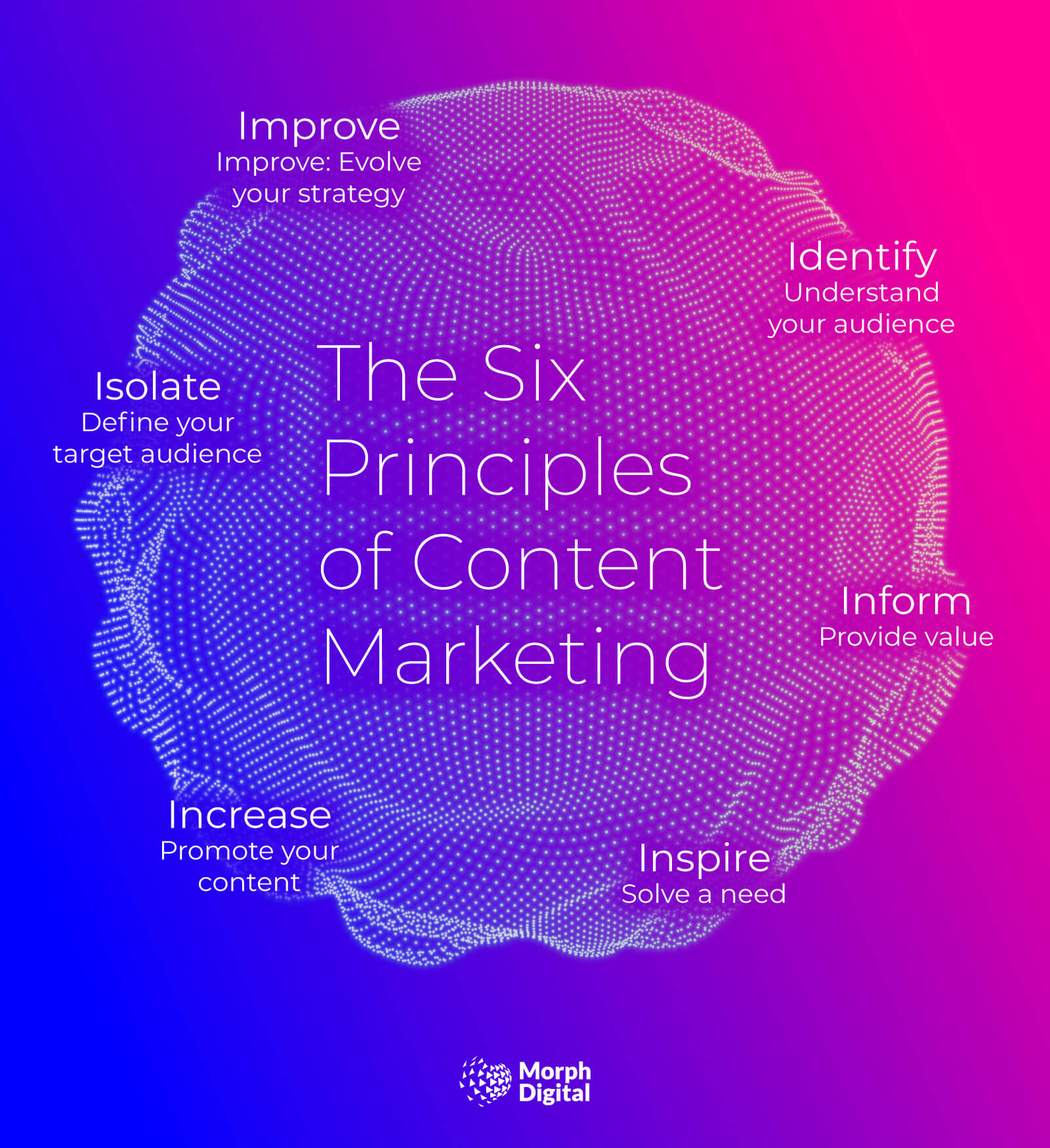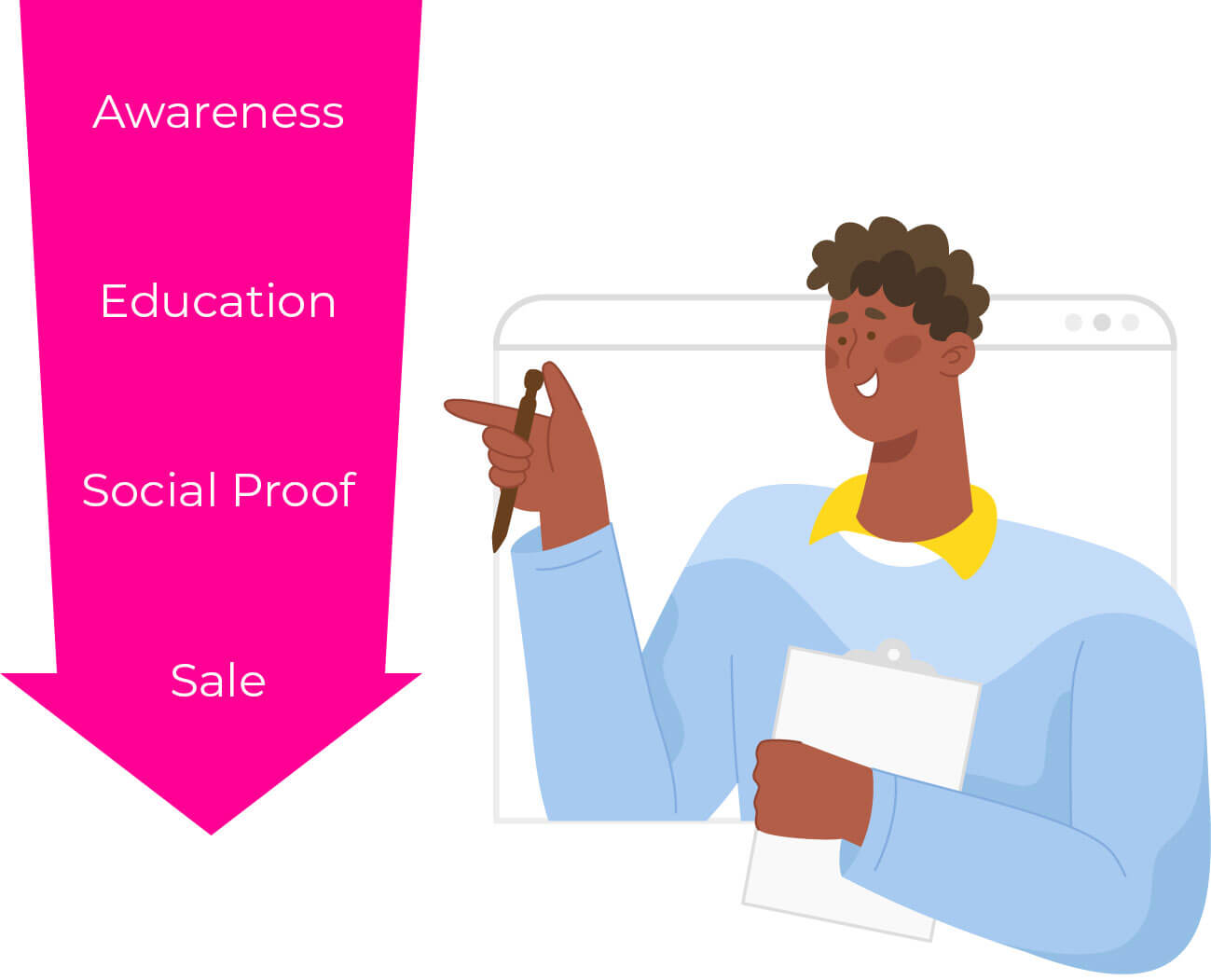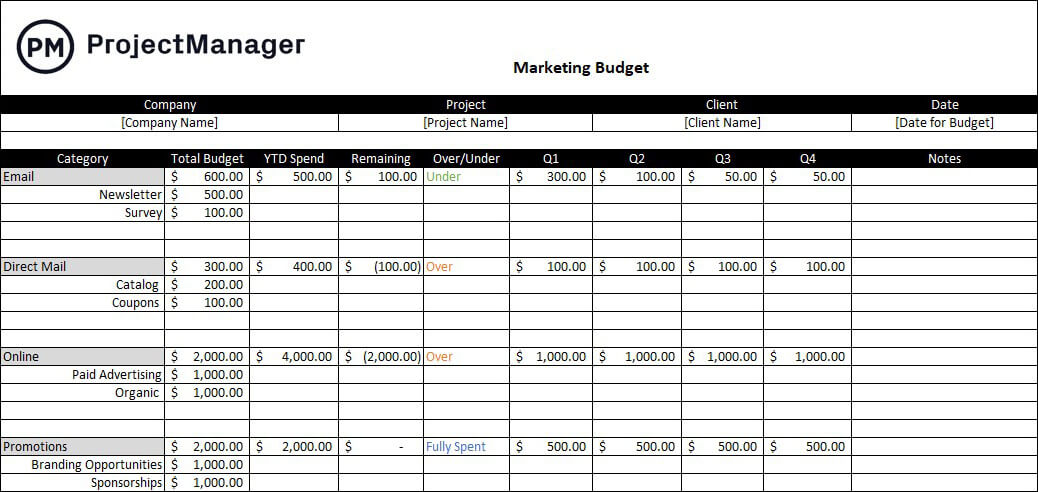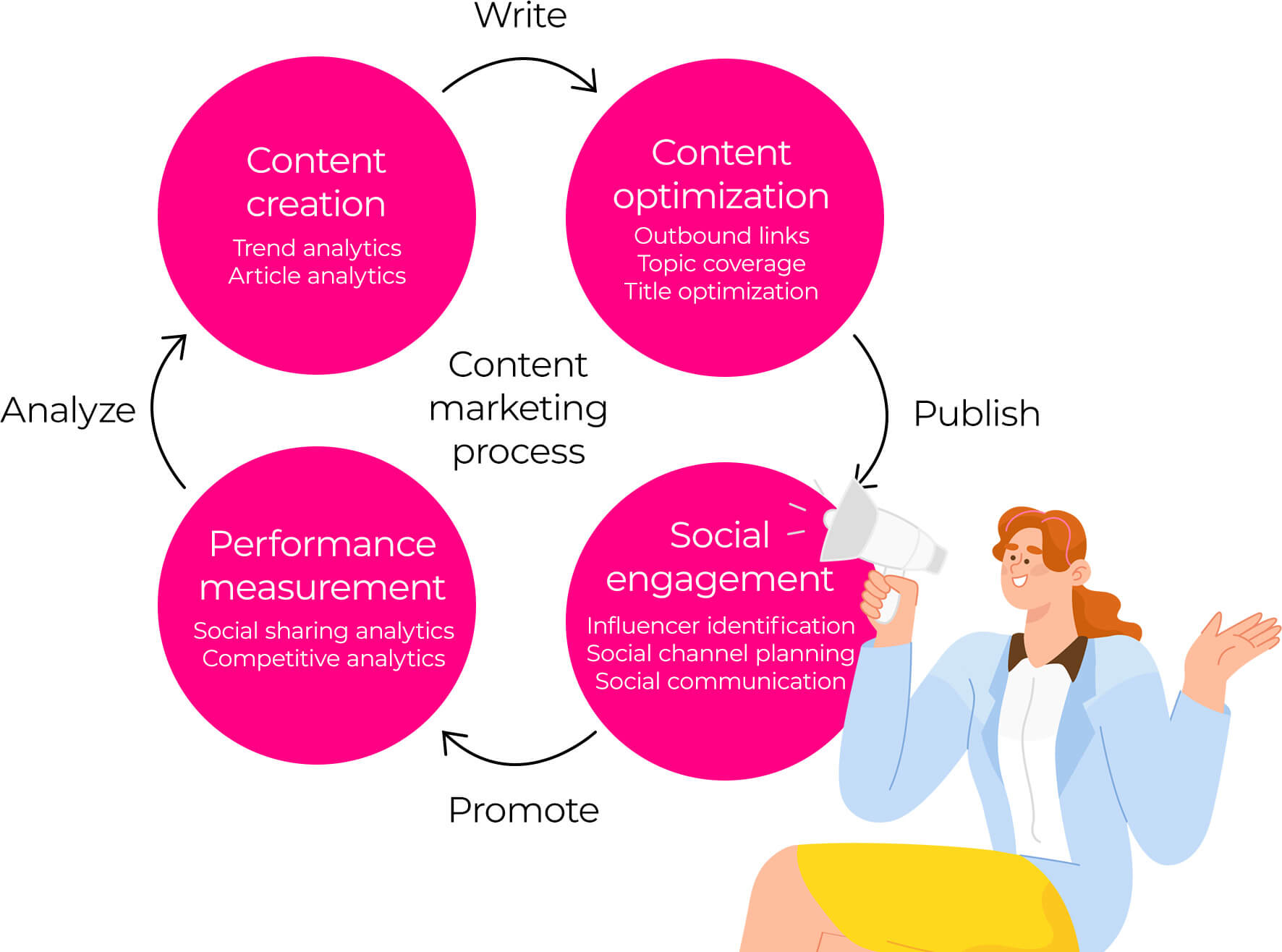Content Marketing Institute provides the best definition of content marketing in a neat little bow:
Content marketing is a strategic marketing approach focused on creating and distributing valuable, relevant, and consistent content to attract and retain a clearly defined audience — and, ultimately, to drive profitable customer action.
If you are a new or seasoned marketer, this entry will be one you don’t want to miss because we are looking at:
What is Content Marketing?
Content marketing is another branch of marketing that explores how you present your content (be it blogs, products, reviews, services, etc.) to the public eye in various ways – aiming to gain the same thing – a top-of-mind impression whenever your customers think of your niche.
Content marketing operates on a fundamental principle: providing valuable content to attract and engage a target audience. This process involves several key steps that ensure your content reaches and resonates with the right people, ultimately driving profitable customer action.
Why is Content Marketing Important?
Redline produced an extensive statistics of content marketing accelerated growth in 2023 that showcase why content marketing is a valuable arsenal to incorporate in your marketing plan.
- 88% of content marketers were able to build a successful awareness campaign through content marketing. They not only credit content marketing for reaching their campaign goals, but also improve their brand’s trustworthiness among their audiences.
- 70% of content marketers invest heavily towards content marketing activities.
- Marketers who focused on content marketing activities, specifically blogs, show 13 times more likely to see an increase in ROI.
- 99% of consumers do expect brands to provide content.
- 84% of consumers believe that honest communication and transparency from brands and companies are important to show the value of their commitment and promises.
From the survey, we can see how the trend is growing year after year. It will be no rocket science to think content marketing will be an essential part of marketing next year.
What are the Types of Content Marketing?
We know different types of content marketing serve different purposes. It all stems from what you want to achieve. From having a clear view of your objective, then you get to decide which types of content marketing fits your campaign.
If you are a new brand trying to push awareness to the general public, a good starting point will be to work on content-based campaigns, you can utilise:
If you are a seasoned brand wanting to increase conversion rate for your products and/or services, you can utilise:
If you are a brand focusing on building engagement with your audience to preserve your customer lifecycle, you can utilise:
If you are unsure which funnel you should focus on, you can always reach out to us and we can provide consultation that serves your business’s value.
How to Start Your Content Marketing Campaign?
Be Clear on Your Goals
To pull off a successful content marketing plan, you require calculated execution and planning.
From the start, you need to answer these questions before beginning other phases in your plan:
- What do I want out of this campaign? Awareness? Consideration? Conversion?
- What are my key performance indicators (KPIs) for each stage?
The preparation for the race is very important.
From the first stage, you will identify possible loopholes that you need to rectify and a clearer vision of how to go about executing your plan.
Not only that, but from here you can also identify the cost you need to pull this off, the channels you will require that could serve your objective better, and many more.
Set a Reasonable Budget for Each Channel
Budget is tricky but not impossible; avoiding this stage could cost more than what you are starting with.
Instead of estimating what the whole campaign will cost, break it down by channels you plan on using for your distribution. Project Manager created something similar for the Marketing Budget plan that you can adapt to your content marketing brief.
By making your way up from there can give you clearer expectations and a realisation of whether the budget you allocated for channel X suffices or whether it is best to spend more on channel Y than channel Z.
Plan Your Content Distribution Methods
When you have your content set up, the last thing you should be doing is pushing it through all channels at the same time.
This can be disastrous because all channels are unique, and they have their own way of being effective.
Take social media, for example, you have three social accounts lined up to promote your content; an Instagram account, a Facebook account and a TikTok account. Although three of these accounts exist in the same ecosystem (i.e. social media), the algorithm and the demographic are different.
You should consider whether your audience on Instagram is more active at noon or at night. You need to identify whether your Facebook audience engages a lot more if you post once compared to two times in a day.
These are part of the due diligence you need to consider before blasting your content. Answering these questions when determining your distribution decisions can make a difference to the end results.
Create Content Production Timeline
This stage can go in parallel as you plan your Content Distribution Methods. However, we highly suggest you get your channels set first before you begin delegation to appropriate stakeholders for production.
Why? The simple case of avoiding unnecessary bottlenecks.
When you have your distribution channels in mind, you can easily visualise the items you need and expect the complexities it will take for the production team to work on them.
From here, you can create an appropriate timeline that will take into account “blackout periods” or “buffer zones” for unexpected circumstances to occur.
Monitor, Analyse and Improve
Don’t lie back in your chair and have doughnuts after all is done.
Keep track of the performance on each channel and analyse the anomalies you might find (you will probably find one or more if this is your first time running a content marketing campaign – which is a good learning process!).
Gather all important data points, and it is time to go back to the drawing board to either:
- Review what works well;
- Review what doesn’t work or
- Reinvent a new way of doing things.
Any result can improve your next campaign to another degree. In the field of marketing in general, both the good and the bad results provide valuable insights for the future.
Final Takeaways
Content marketing is a dynamic and essential component of modern marketing strategies. It’s not just about creating content; it’s about creating valuable, relevant, and consistent content that attracts and retains a clearly defined audience.
You can effectively engage with your audience and drive profitable customer actions by understanding your audience, setting clear goals, planning your budget, and choosing the right content types and distribution channels.
Whether you are a new brand seeking awareness or an established brand looking to increase conversions and engagement, content marketing provides the tools and methodologies to achieve your goals.
With thoughtful planning and execution, content marketing can transform your business, enhancing brand loyalty and driving long-term success.
If you need help with your content marketing plan, Morph Digital has a panel of specialists who can assist you. Let us know what we can help you with!




